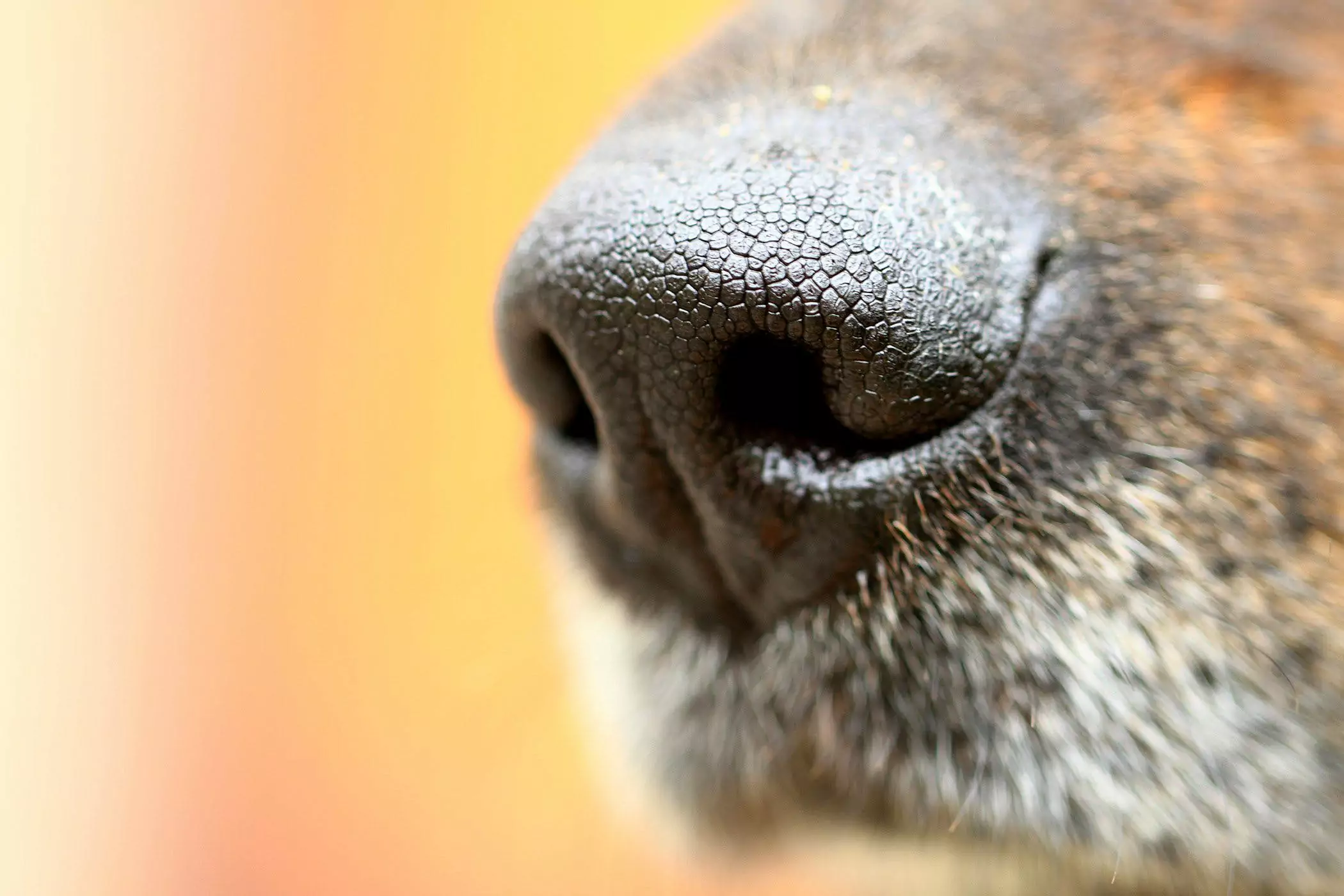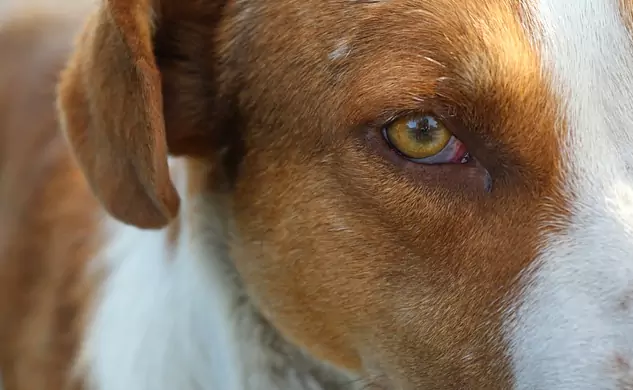Why does my dog keep coughing?
2022-08-04
I. Why do dogs cough all day
Inside the literature, if you want to worship the weak and sickly, then the most common depiction is to cough a lot. This is a very realistic portrayal because there are so many diseases and causes that can cause coughing. Especially common are diseases of the respiratory tract and the invasion of foreign bodies into the respiratory tract. But in serious cases, coughing represents, perhaps, heart disease or cancer. When a dog coughs all day long, can the owner only feel the heartache next to him? We can learn about the causes of dog coughing and ways to cope with it so that the dog becomes less uncomfortable.
Normal cough caused by a physiological reaction
Dogs are very similar to humans in the structure of the respiratory tract, because they have the same role and effect, both to transport the air to the lungs. However, the outside air is not just oxygen, many other substances are invisible to the naked eye that are mixed in. When the dust enters the dog's respiratory tract along with the oxygen, the mucous membrane of the dog's respiratory tract will be affected, thus causing the dog to cough.
Of course, if a dog gets food into the respiratory tract by mistake, the dog will also cough to let the foreign body out. In addition, owners should be reminded that because of the structure of the dog's respiratory and esophageal tracts, coughing can also cause problems in the dog's gastrointestinal tract and eventually lead to vomiting. However, owners generally assume that the dog is coughing because of vomiting, not because of coughing that causes vomiting.
Pathological cough caused by disease
In addition to coughing due to normal physiological reactions, a dog's cough may also be telling its owner that something is wrong with its body. The most common of these are inflammation and colds caused by bacteria and viruses. When a dog has a cold, his body will produce phlegm to eliminate pathogens from his body, and through the phlegm wraps the pathogens, and is then expelled from the body. The cough is to better spit out the phlegm. When a dog encounters a disease such as an upper respiratory infection, such a mechanism will also begin to operate, so the dog coughs, most likely because of the disease.
In more serious cases, it is likely that the dogs will be coughing because of heart and lung diseases. The causes of this condition leading to coughing are similar. In the dog's airways, there is a tissue called the cough receptor. When this tissue is irritated, they trigger a cough to try to expel the foreign body that has irritated them. When a dog has lung disease or heart disease, the diseased lungs and heart may irritate the cough receptors and trigger the dog to cough.
These are just a few of the causes of coughing in dogs. There are many causes of coughing in dogs, such as coughing due to collar tightness, tumor problems, allergies, asthma, tracheal calcification, etc. All of these are causes of coughing in dogs. A dog's cough is not a terrible thing, what we need to know is how to tell if a dog's cough is caused by some disease.
How can we tell if a dog's cough is normal or dangerous?
If the dog is only coughing because of a normal physiological reaction, these coughs do not last too long and usually stop after the foreign body is expelled. The problem of coughing due to disease is more serious, so the question arises, how to identify whether a dog's cough is normal or dangerous? We have roughly summarized some characteristics of when a dog coughs due to illness so that owners can confirm that the dog is coughing for what reason.
1. Once the dog starts coughing, it is very violent and will not stop easily.
2. the dog's coughing sound is muddy, and there is phlegm or blood mixed with it.
3. the color of the dog's tongue is not normal when coughing.
4. The dog has difficulty sleeping because of the cough or even sleeps restlessly.
5. The dog coughs in the morning when he wakes up.
If your dog's cough fits these symptoms, it is best to take your dog to the vet for a checkup to see what is causing the severe cough. If you can detect the abnormality early, your dog's condition can be more easily controlled.
How to treat and prevent coughing in dogs?
The first method and focus are to purify the indoor air. The second is to schedule regular medical checkups for your dog to keep track of your dog's health and treat your dog's illness. In this way, you can well avoid your dog from being affected by coughing. Whether it is a short-term respiratory infection or a serious illness such as heart disease that affects dogs in the long term. Early detection and early treatment is the best way to help your dog out of pain.
Two, never underestimate the cause of your dog's cough!
Coughing is the body's self-protection mechanism. If you have dust, allergens, or pathogens on the mucous membrane of the respiratory tract, the body analyzes the information and thinks it is time to expel the harmful substances from the body so as not to hinder your health.
So the cilia start sweeping like a brush, sweeping dust and pathogens to the mouth and saying goodbye to them by coughing.
Like humans, dogs cough for a variety of reasons, some harmless and some very serious. Generally speaking, if your dog has a few short coughs and is not chronically ill, there is nothing to worry about.

However, here are a few reasons why dogs cough so that owners can detect the cause of their dog's cough more quickly and respond promptly.
1, the dog on fire
This is generally a dry cough, often with secretions at the corners of the eyes, eyes with more blood, and dry stools. You can buy some snake gall bladder Chuanbei loquat feed.
2, foreign body stuck in the throat
Sudden coughing, accompanied by licking lips or swallowing, may be the dog's throat there is something stuck.
Fish bones, chicken bones, or something the dog picked up from the ground, may have swallowed other foreign objects and is stuck in the throat.
If you can't spit anything out, it could lead to infection or even pneumonia, so seek medical attention.
When your dog has just swallowed a foreign object, "Witnessing Your Dog Swallowing a Foreign Object How Can You Get Him to Vomit It Up Right Away? can help your dog to induce vomiting quickly, but of course, it is only used when the foreign body is swallowed shortly.
3. Reverse sneezing
Although reverse sneezing is not a cough, the sound can be mistaken for a cough.
Reverse sneezing is a common ailment in small dog breeds and short-kissed breeds, like Bulldogs, Migros, Chihuahuas, etc.
Excitement, exercise, pollen, or even a sudden temperature change can cause spasms in the throat and soft palate. The sound of a reverse sneeze may alarm the owner because it sounds like the dog is trying to choke.
There is a deep fear that he won't be able to breathe and die, but after about a few minutes, the symptoms seem to disappear again, as if nothing happened.
Most reverse sneezes do not require treatment; pay attention to the timing of the reverse sneeze, where the dog is, what it was doing before it started, or what it was doing when it started.
If the reverse sneeze comes on suddenly, or if the older dog has frequent episodes, take it to the doctor.
Because it is difficult to explain narratively and the timing of the onset is unpredictable, the owner can take a video and show it to the doctor for a diagnosis.
4. Kennel cough
A prolonged, strong, siren-like cough.
If your fur baby suddenly starts sniffling and coughing at the turn of the season or in winter, he or she may have the "dog's cold" kennel cough.
Kennel cough is a highly contagious respiratory disease that is easily transmitted in areas where dogs congregate, such as kennels, dog parks, and rescues, but is not very difficult to treat.
In most cases, dogs with kennel cough have a normal appetite and mental state, except for a constant cough. Sometimes the dog coughs so much that it suffocates or coughs up white sputum, which is a sign that the dog's condition has worsened after exercise, excitement, or pulling on the leash collar.
Kennel cough is closely related to the climate, generally cold, high humidity, poorly ventilated environment is prone to induce the disease like the dog group living environment is poor, a sick easily caused by mass infection.
Puppies, older dogs, and dogs with other health problems that contract litter cough can lead to more serious infections, including pneumonia.
Healthy dogs take about two weeks to recover, while puppies and older dogs with litter cough can develop more serious infections, such as pneumonia.
If an owner is unsure of the cause of a dog's cough, but the dog shows the following symptoms when.
Persistent recurrent and worsening cough, depression, fever, and loss of appetite, seek medical attention as soon as possible!
Previous:Why do dogs snore
Was this article helpful to you?
Other links in this article
English:
Why does my dog keep coughing?
Deutsch:
Warum hustet mein Hund ständig?
español :
¿Por qué mi perro sigue tosiendo?
Italiano:
Perché il mio cane continua a tossire?
Nederlands:
Waarom blijft mijn hond hoesten?
Polskie:
Dlaczego mój pies ciągle kaszle?
Português:
Porque é que o meu cão continua a tossir?
português (Brasil):
Por que meu cachorro continua tossindo?
русский:
Почему моя собака постоянно кашляет?
日本語:
なぜうちの犬は咳をし続けるのでしょうか?
中文简体:
为什么我的狗一直咳嗽?
中文繁体:
為什么我的狗一直咳嗽?
Comments

Why is my dog throwing up?

Why does my dog keep coughing?

How many months is a dog pregnant? Signs and Phenomena of Dog Pregnancy

How do dogs grow fleas? Ways to get rid of fleas on dogs

Can dogs get diabetes?
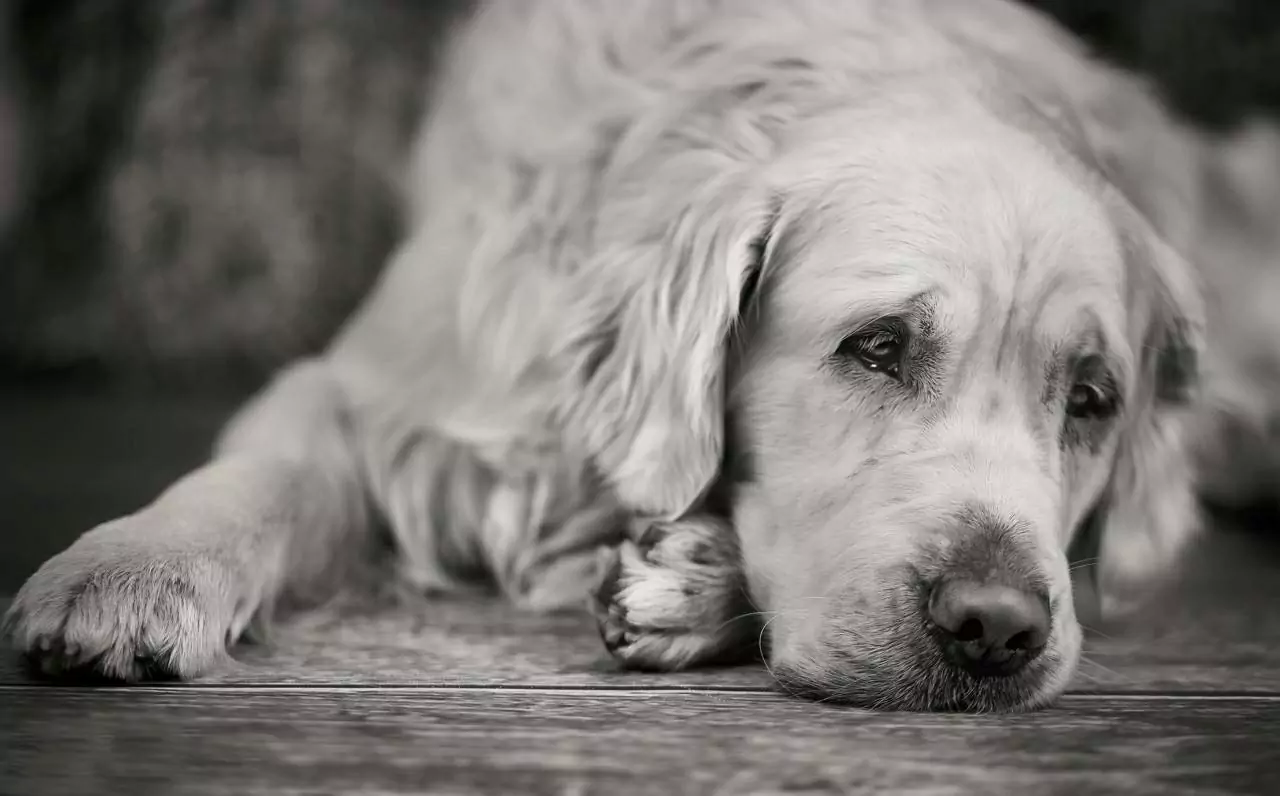
Can dogs be depressed?
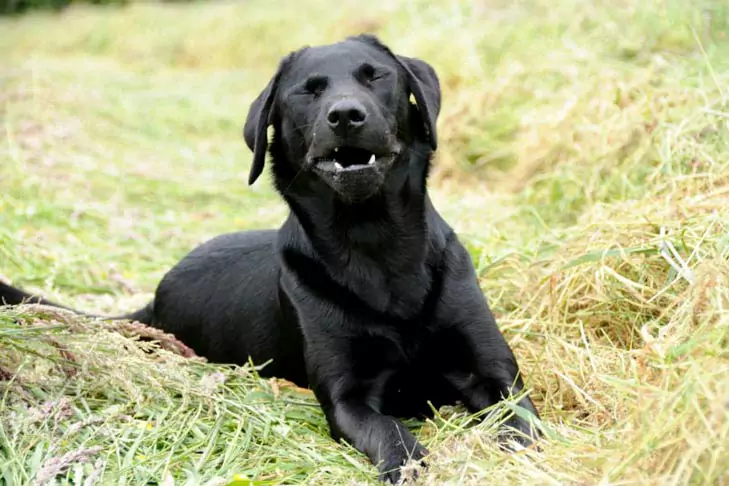
Why does my dog keep sneezing? Causes of Sneezing in Dogs

Can dogs catch a cold? Cold and Flu Symptoms in Dogs
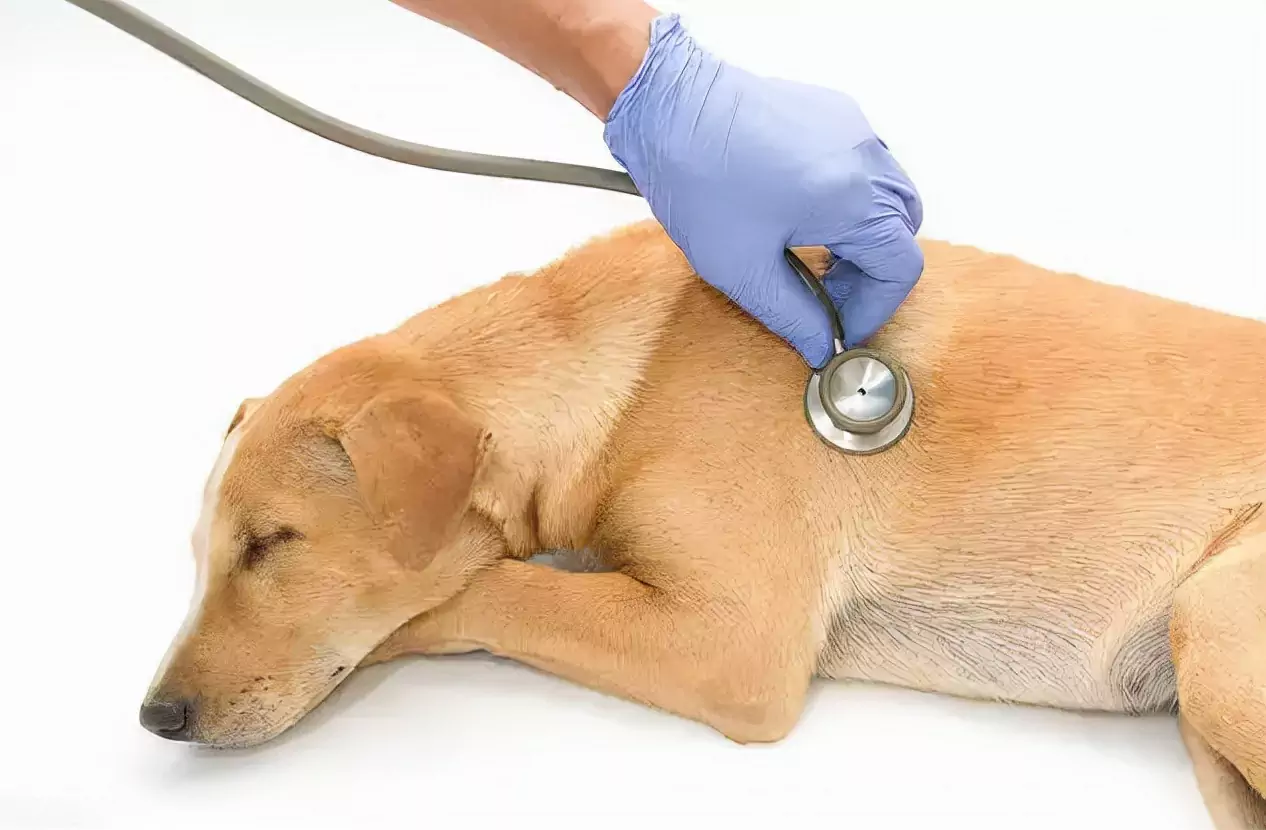
What causes heart disease in dogs

Can dogs get urinary tract infections?





